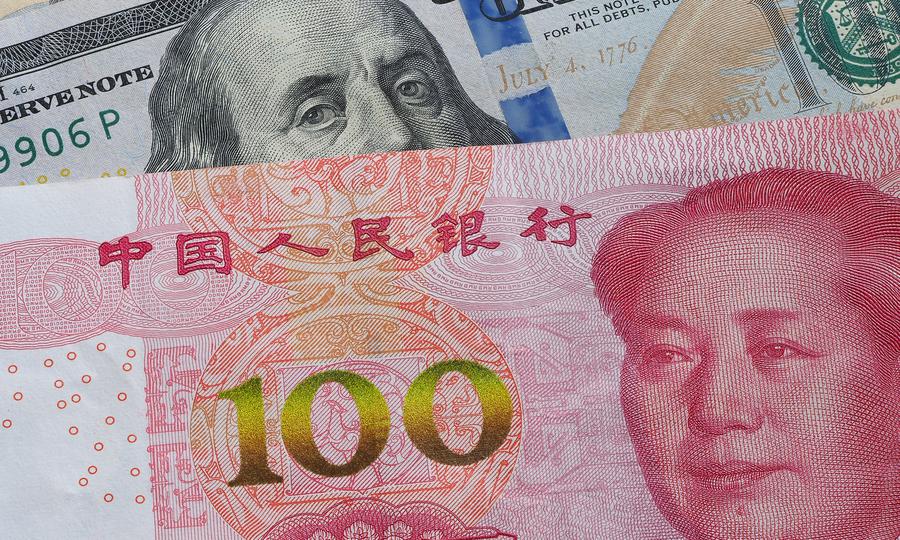China said on Monday that companies in sectors subject to Beijing’s foreign investment restrictions must seek government approval for offshore listings.
The National Development & Reform Commission (NDRC) also said that foreign stakes in such companies must be capped and foreign capital must not be involved in the operation and management of such companies.
Currently, many Chinese companies use a so-called variable interest entity (VIE) structure to float overseas, skirting foreign investment restrictions in sectors such as media and education.
The NDRC statement comes just days after China’s securities regulator published draft rules requiring filings by companies seeking offshore listings to ensure they comply with Chinese laws and regulations.
Under the new filing system, VIE-structured companies will still be allowed to list as long as they’re compliant.
“The NDRC statement goes hand in hand with the filing system,” Zhan Kai, a lawyer at East & Concord Partners, said.
Regulators have been contemplating new rules after scrutinising offshore listing plans of Chinese companies with variable interest entity (VIE) structures, under which a Chinese company sets up an offshore company for overseas listing purposes that allows foreign investors to buy into the stock.
That structure has enabled a flood of listings in the United States over the past two decades.
But Chinese officials are wary about data ‘leakage’ and cyber security of companies with huge databases of consumer contacts such as Ant Group and Didi.
The People’s Bank of China said in November it was keen to boost cybersecurity – to protect personal data – accumulated by fintech companies.
Registration Scrutiny
Meanwhile, China’s central bank and market regulator issued draft rules on Monday requiring companies to improve the management of their registration information, with any deferred registration filings likely to be subject to the rules.
The proposals aim to improve transparency and strengthen the enforcement of anti-money laundering laws, the two regulators said in a joint-statement on their websites.
The regulators will seek feedback on the draft rules from the public before they take effect from March 1, with a grace period for businesses to comply.
Beijing Aims for Stable Growth
Finance ministry officials also said on Monday that China would roll out fiscal policies proactively next year to stabilise economic growth. They vowed that the impact of the drive would be felt earlier than usual.
The government will launch another round of tax and fee cuts to support businesses and help them make infrastructure investments “appropriately” ahead of time, according to a readout from an internal meeting by the finance ministry on fiscal policy for 2022.
China has issued 1.46 trillion yuan ($229 billion) in the 2022 advance quota for local government special bonds to help spur investment and support the economy.
The world’s second-largest economy, which has lost steam after a solid recovery from the pandemic last year, faces multiple challenges as a property downturn deepens, supply bottlenecks persist and strict Covid-19 curbs hit consumer spending.
Fiscal expenditures will be kept up to bolster growth and the central government will step up transfers to local governments to support necessary spending, the finance ministry said.
China will also take steps to curb increases in local government hidden debt in 2022, according to the meeting readout, as well as to maintain “overall social stability” ahead of the 20th congress of the ruling Communist Party next year.
• Reuters with additional editing by Jim Pollard
This report was updated with further details on December 27, 2021.
ALSO SEE:
China To Boost Personal Data Protection In Fintech: PBOC
China Tech Crackdown Seen ‘Just Getting Started’ on Data
China Develops Machines That Can Track Data Sent Abroad By Cars
China Tech Shares Slump as New Personal Data Law Alarms Investors
China Slowdown to Hit Brazil, Chile, Saudi and APAC: Natixis
























